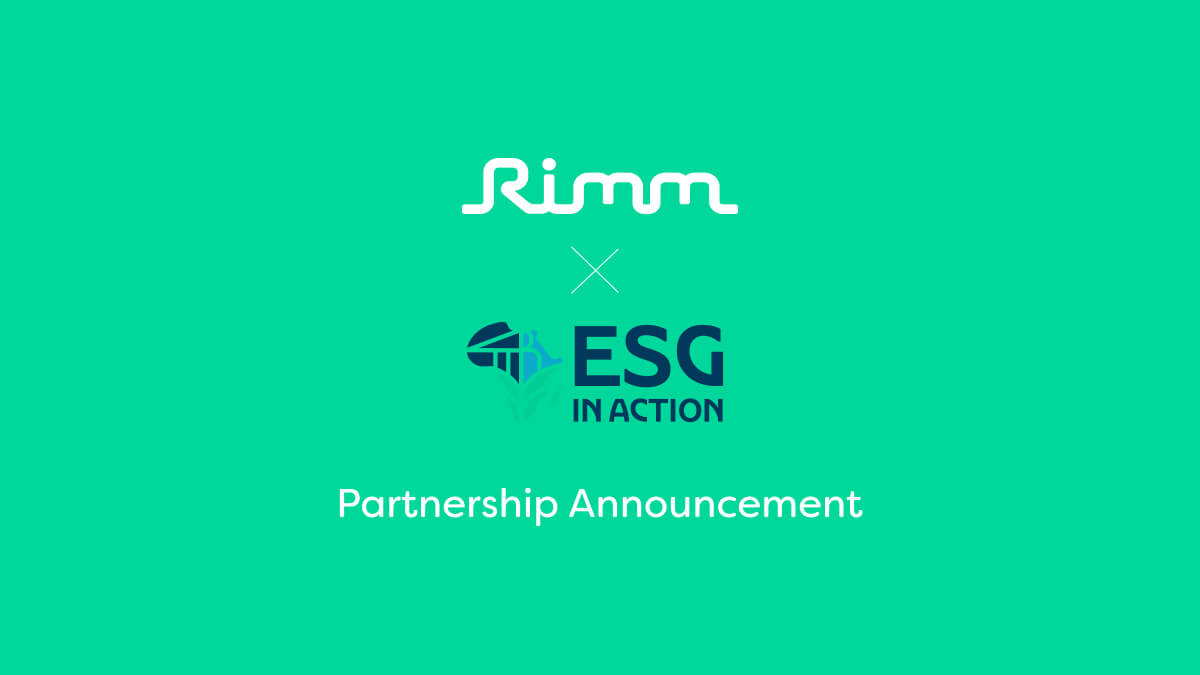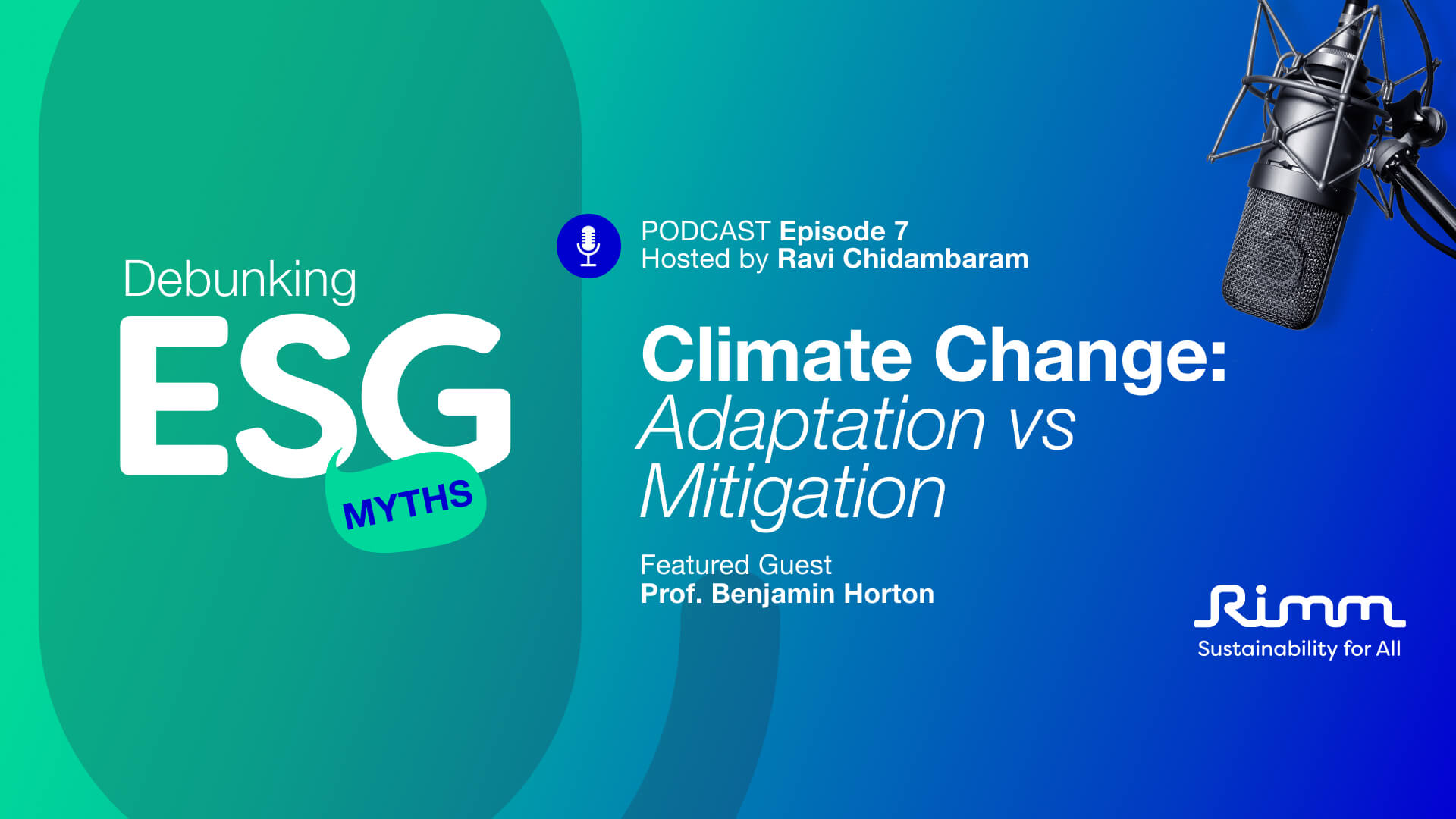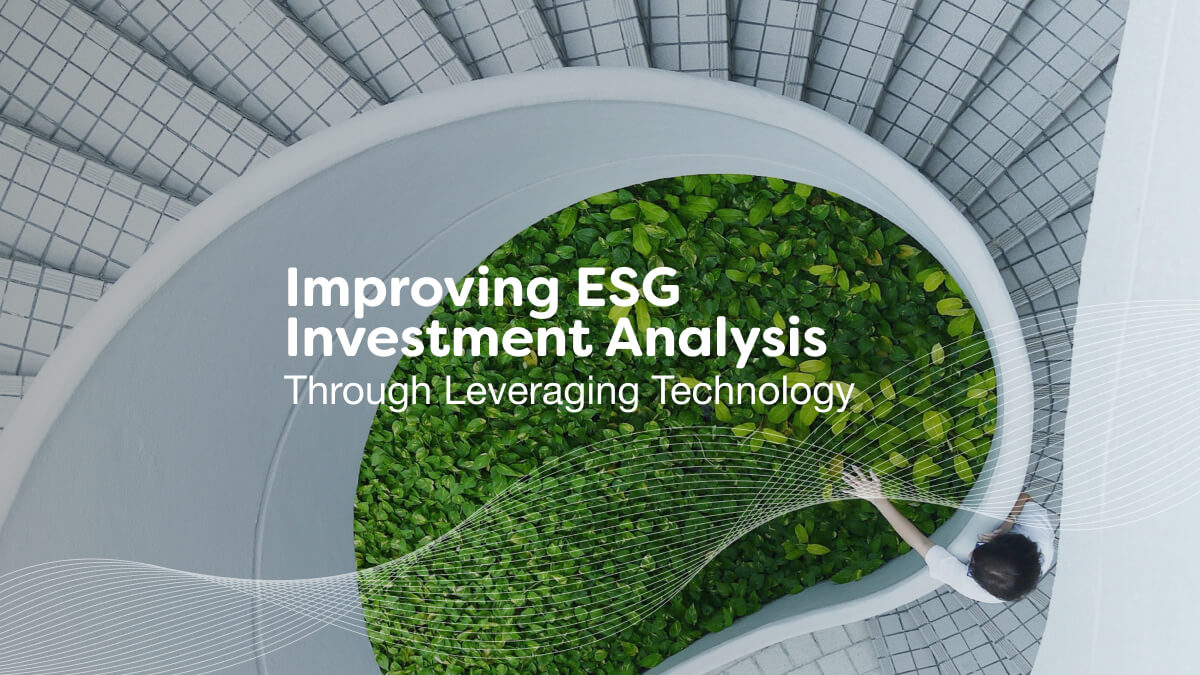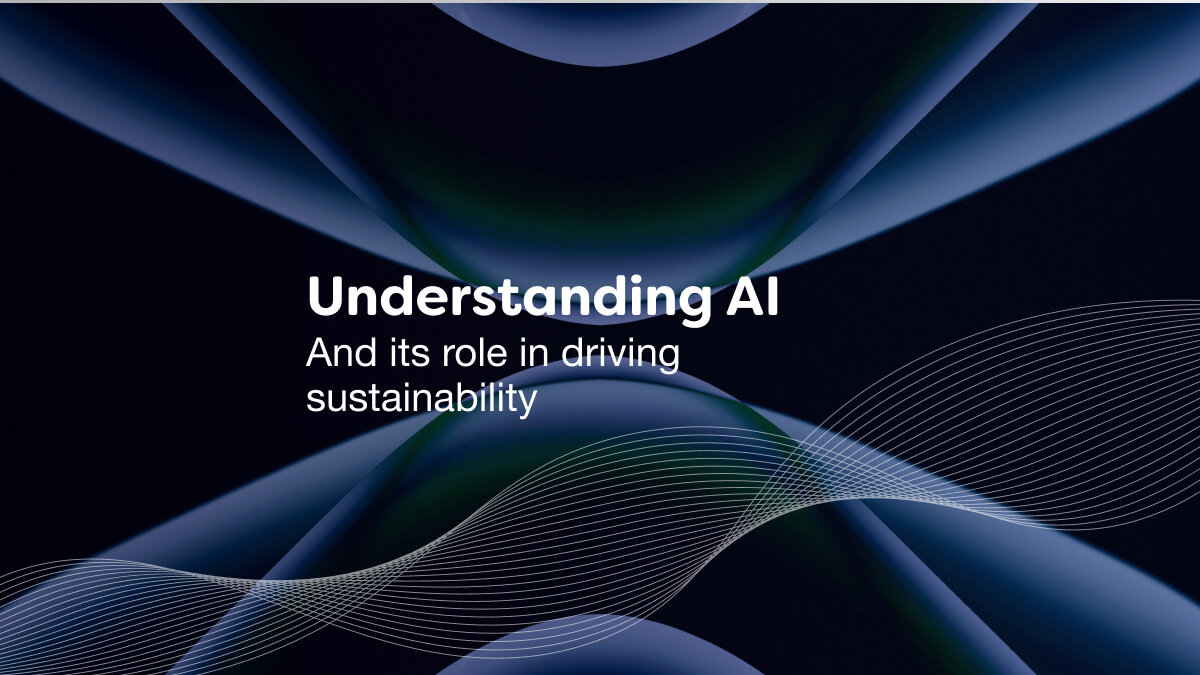The incorporation of technology is taking the corporate world by storm. Let’s find out how it is influencing the ESG scene.
As environmental, social and governance (ESG) factors are becoming increasingly important considerations for investors and companies alike, the intersection of digitalization and ESG has become a hot topic in the business world.
The shifting demands of consumers and investors for greater transparency and accountability has led to a growing number of regulations and frameworks – such as the International Financial Reporting Standards (IFRS) developed by the International Sustainability Standards Board (ISSB) – being adopted and mainstreamed over the years. The regulatory push is coming from all angles and levels, including from the international, regional, commercial and industry-specific spheres.
As many of these regulations are or will become mandatory and have penalties for noncompliance, digitalization is a necessary step in automating, accelerating and scaling processes around emissions reductions, data management and auditing to keep up with the ever evolving regulatory requirements.
We are seeing an increased prominence of a technological race between regulations and ESG efforts, where digitalization is becoming an indispensable enabler for companies to be ESG compliant.
Technology can help to boost the efficiency of ESG reporting through aiding organizations in collecting, analyzing and benchmarking complex data on materially relevant ESG metrics. This is particularly pertinent in certain industries, such as agriculture, energy, transportation, buildings and real estate.
The problem faced during the process of generating ESG performance analyses and sustainability reports is often related to data collection, data management and the amount of work that needs to be invested into the process. With recent regulatory developments requiring Scope 3 emissions reporting, which encompasses supply chain emissions and has historically been the most challenging to measure of the three scopes, this task would be immensely time-consuming to accomplish manually on an annual basis, especially for larger companies. Digital tools not only enable tracking and analysis of data on a larger scale, but also helps to combat greenwashing through better accounting and verification.
What does this mean for SMEs?
Currently, small and medium-sized enterprises (SMEs) make up 90% of businesses and 50% of the workforce globally, harnessing great potential for positive impact. While it may seem that SMEs are still exempt from many of the regulatory requirements, these changes for multinational corporations (MNCs) have resounding ripple effects. As scope 3 emissions reporting becomes compulsory, companies are pressured to streamline their supply chains, which often comprise SMEs. What we would observe is a trickle-down effect whereby ESG regulations for MNCs would indirectly influence SMEs to adopt better ESG practices.
As digitalization increases the transparency of MNCs’ supply chains, SMEs would be placed under greater scrutiny for their ESG practices. Greenwashing allegations are expected to continue to increase with greater public attention on sustainability and greater pressure to comply with stricter regulations.
Through stakeholder interaction and engagement, MNCs would work with their suppliers to ensure compliance. This could include setting emissions reduction targets, selecting suppliers based on their ESG performance, and implementing sustainable procurement practices.
With available data on companies’ ESG performance, technology also provides predictive capabilities on companies’ performance trends, such as in energy production or consumption. This enables companies to identify risks, opportunities, and areas in which they can improve their operational efficiency.
How can Rimm help?
Rimm offers ESG performance analytics and automated reporting services that provide insight and capacity to help organizations understand and improve their sustainability. Whether big or small, businesses looking to optimize their operational efficiency and financial performance should leverage technology to stay ahead of regulatory requirements and climate risks.
To browse through Rimm’s catalog of sustainability and ESG solutions, click here or contact us for a free demo!

Pedro Baiz
Dr. Baiz has a background in engineering with extensive experience in academia and industry (consultant in data-driven projects with organizations such as Heathrow Airport, HSBC and many more). He has deep knowledge of data technologies (e.g. machine learning, IoT) and digital transformation.
Simplify Your Sustainability Performance & Tracking With myCSO
✅ Calculate your scope 1, 2 and 3 emissions instantly
✅ Gauge your company’s sustainability performance
✅ View your sustainability performance all from one dashboard
✅ Benchmark against industry peers
Enter your information below to book a demo with our team today.







